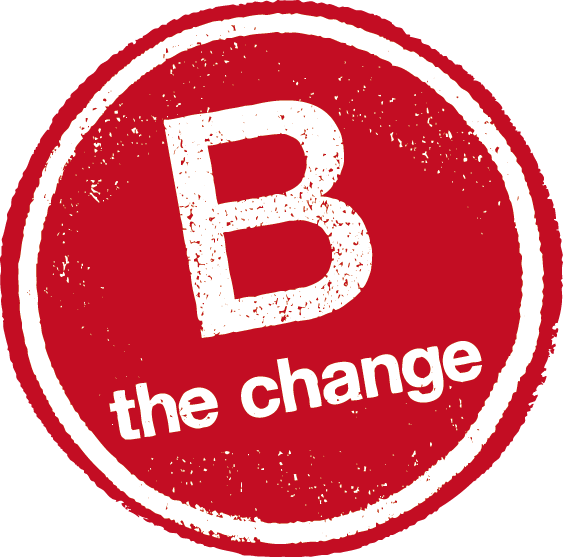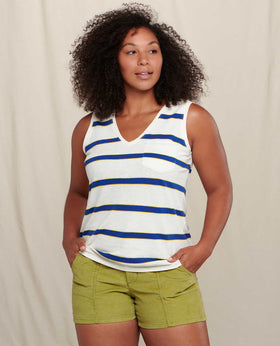
Making Your Wardrobe Healthy by Quinn Nichols
Do you know what the largest organ of the body is?
Hint: It’s actually not your liver (or your lungs) — it’s your skin.
Chances are, you go to great lengths to care for your skin; refreshing ointments, herbal lotions, eco-friendly soaps, organic makeup, hydrating face washes.
Unless you’re a nudist (and props to ya!), there’s one thing almost in constant contact with your skin that’s easy to overlook:
Your clothes.
Most of us, by now, are familiar with the benefits of purchasing organic food — or we at least know that there are benefits, even if we don’t know what those benefits actually are. A lot of us choose to eat organically for various reasons, including our compassion for the farm workers, our concern about the environment, or because we’re conscious of what we’re putting into our bodies.
But don’t be mistaken: organic isn’t just for your veggies, and though “organic” is often shrugged off as just another buzzword, there are real pros to consuming organic goods — and what you put into your closet is no exception.
25% of the world’s pesticides goes toward growing conventional cotton for the sake of clothes manufacturing. That means that if your blouses are made with conventional cotton, you’re wardrobe could theoretically be toxic to you in a low-grade, subtle sort of way that accumulates over time. In fact, most cotton is sprayed with Roundup, a harmful chemical linked to cancer. Other pesticides include chemicals linked to respiratory problems, endocrine disorders, kidney/liver issues, and more. Last year, American Airline employees claimed that their new uniforms were causing them rashes, hives and breathing problems, and they protested against this, demanding healthier garments.
I’m not saying these things to scare you, but merely to bring your attention to *potential* issues surrounding the clothing industry and the benefits of going organic both at the grocery store and in your wardrobe.
The benefits of going organic
- Protect your health. The chemicals in your clothes persist over time. Even if you wash it dozens of time, certain chemicals remain embedded in the fibers. You don’t have to worry about this if you purchase clothing made from organically grown materials.
What are my options?
More and more companies are striving toward ethical practices when it comes to creating styles that are comfortable, attractive and healthy, including labels such as United by Blue, Prana, TenTree, and Toad & Co.
TenTree, which plants 10 trees for every item purchased, strives to use 100% organic cotton in their products, such as the Ivy Cardigan.
Toad&Co, touting sustainable, organic and eco-friendly practices, uses vegan materials for garments like the Allie Fleece Vest, which is 70% Tencel, a sustainable fabric made from natural wood pulp cellulose (and all organic.)
United by Blue (Responsible Durable Goods) removes 1 pound of trash from the world’s oceans for every product sold. They utilize 100% organic cotton in clothing such as the adorable Bike Trail Tee, on top of creating other non-wearable sustainable (and chemical free) items like hand-poured gmo-free soy candles.
Prana focuses on creating certified Fair Trade items which means prioritizing fair wages and high working standards for workers, on top aiming for sustainability and health. They often use organic cotton/recycled poly blends, as with the Francie Top.
What to look for
If you’re seeking to “healthify” or clean up your wardrobe in an eco-friendly manner, seek out garments with labels related to the following:
Certified Organic
Certified Fair Trade
Tencel fabric
100% Organic Cotton and/or recycled blends
100% Merino wool
Unfortunately, most of us can’t be naked all the time (it’s too cold up here in the North East!) which means we probably have to wear something the majority of the time.
We can ultimately make that something count by choosing clothing labels that share our values, but that also value us — because we shouldn’t have to compromise personal health over style, ever.



Leave a comment